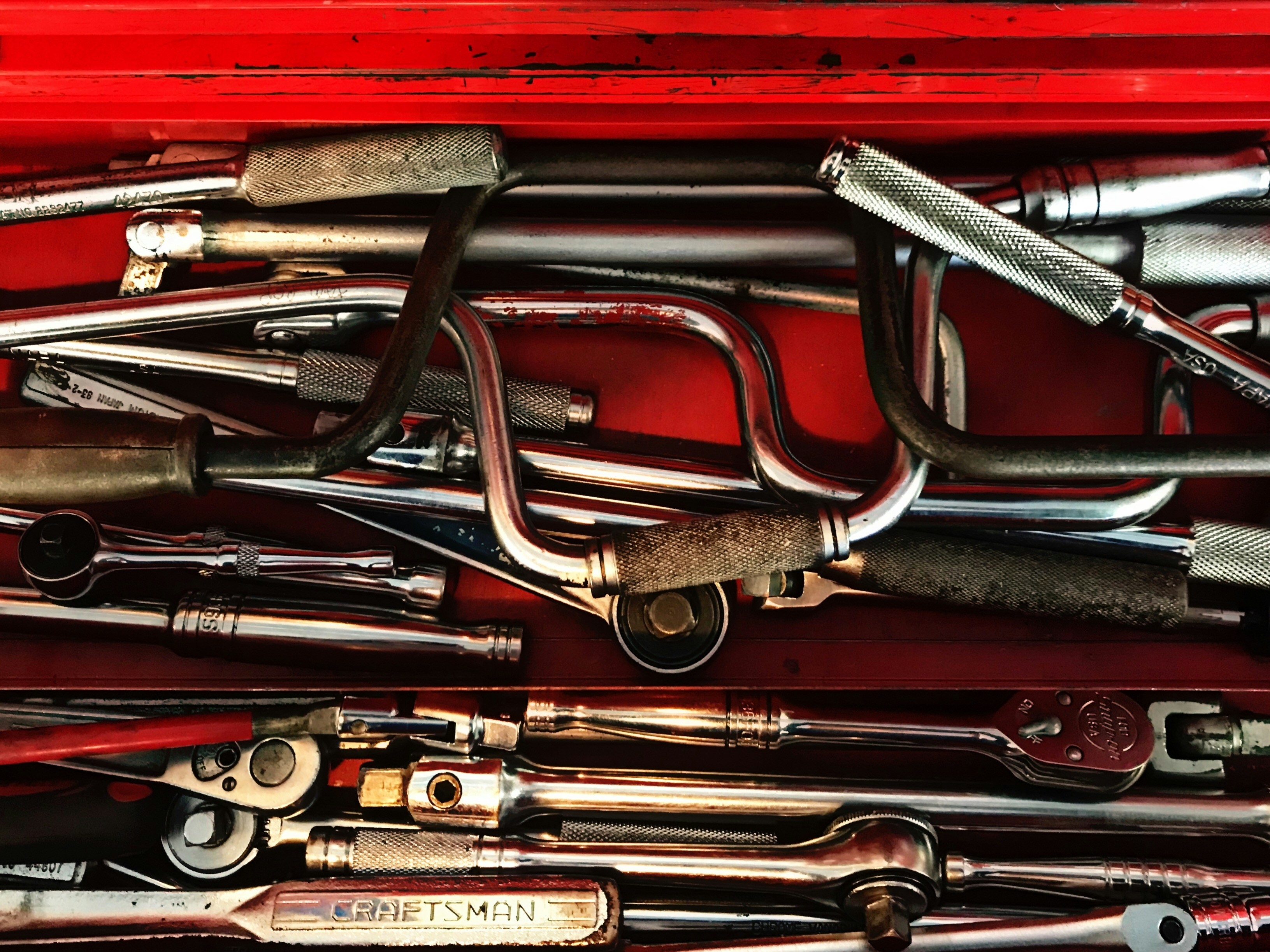
How Many Robotics Tools Do You Need to Know to Get a Robotics Job?
If you’re pursuing a career in robotics, it can feel like the list of tools you should learn never ends. One job advert asks for ROS, another mentions Gazebo, another wants experience with Python, Linux, C++, RobotStudio, MATLAB/Simulink, perception stacks, control frameworks, real-time OS, vision libraries — and that’s just scratching the surface. With so many frameworks, languages and platforms, it’s no wonder robotics job seekers feel overwhelmed. But here’s the honest truth most recruiters won’t say explicitly: 👉 They don’t hire you because you know every tool — they hire you because you can apply the right tools to solve real robotics problems reliably and explain your reasoning clearly. Tools matter — but only in service of outcomes. So the real question isn’t how many tools you should know, but which tools you should master and why. For most robotics roles, the answer is significantly fewer — and far more focused — than you might assume. This article breaks down what employers really expect, which tools are core, which are role-specific, and how to focus your learning so you look capable, confident, and ready to contribute from day one.

